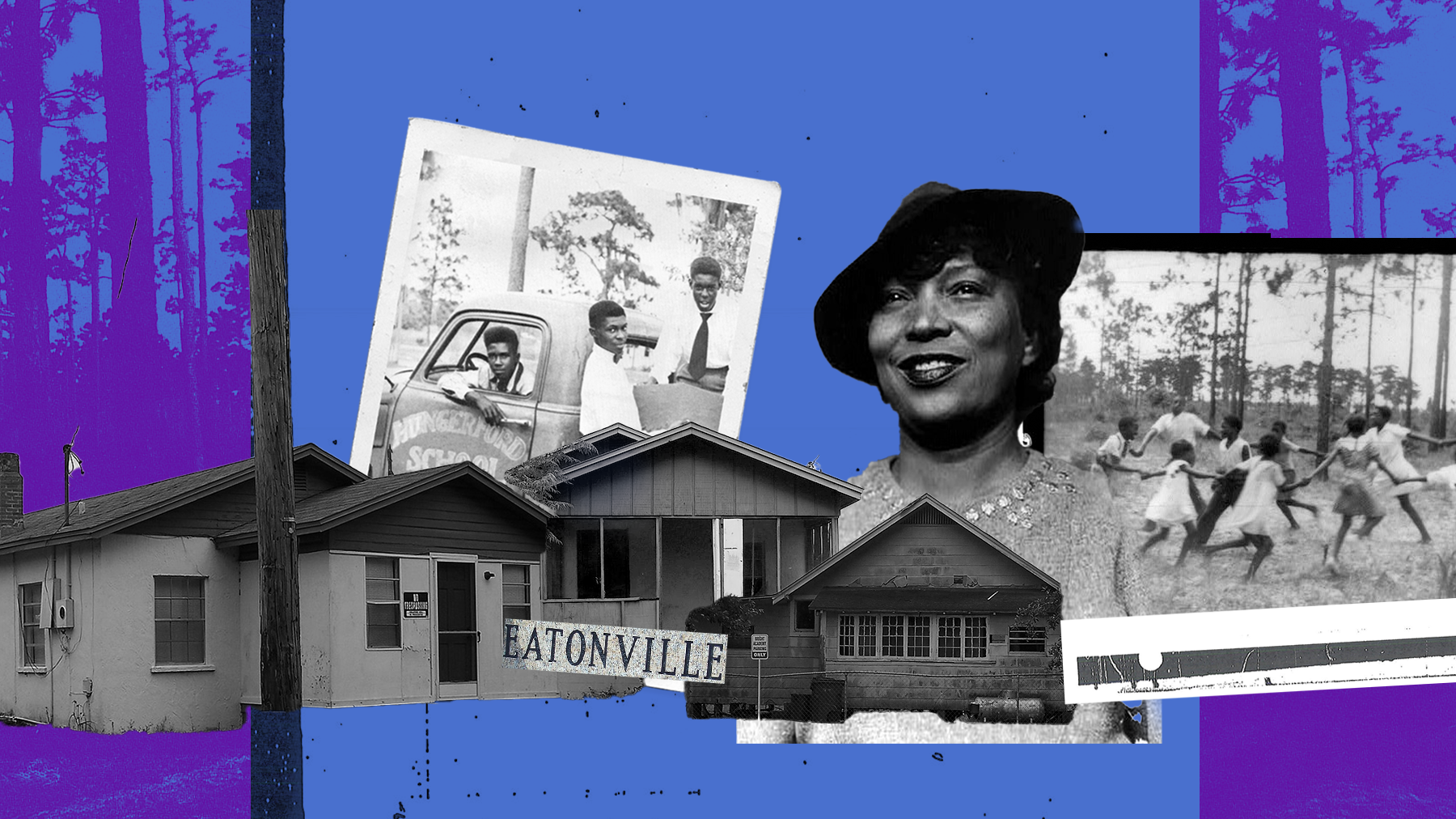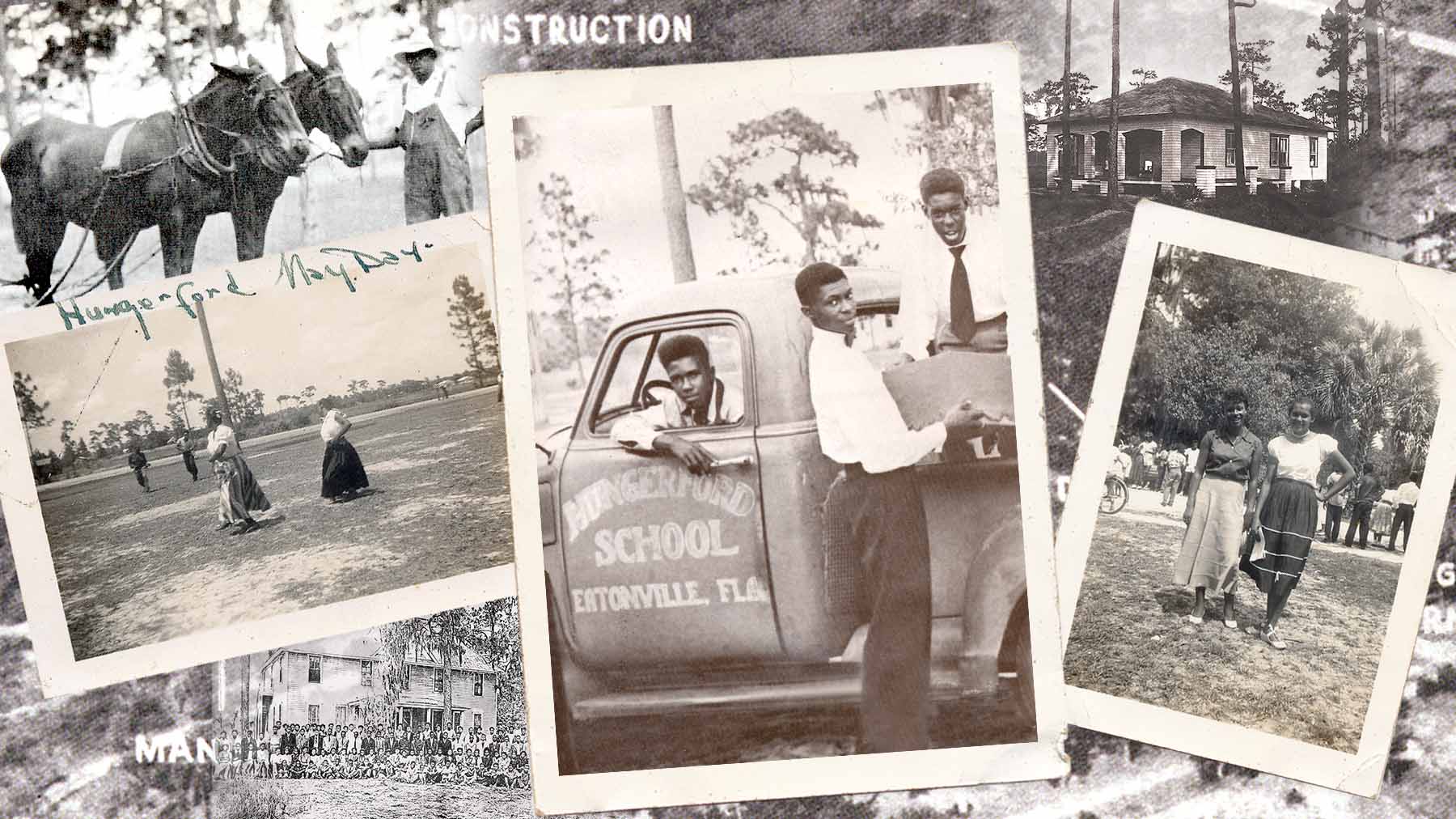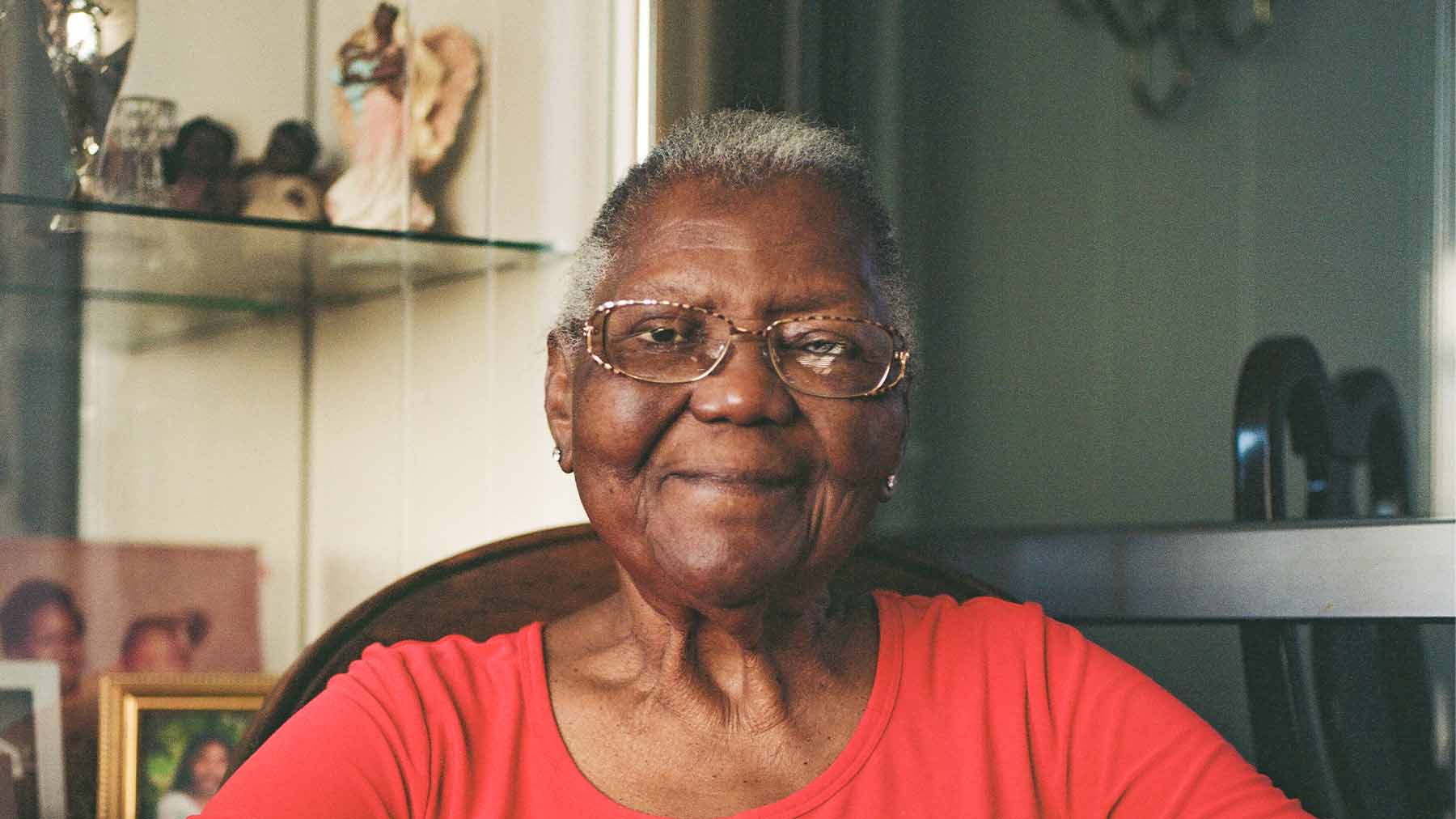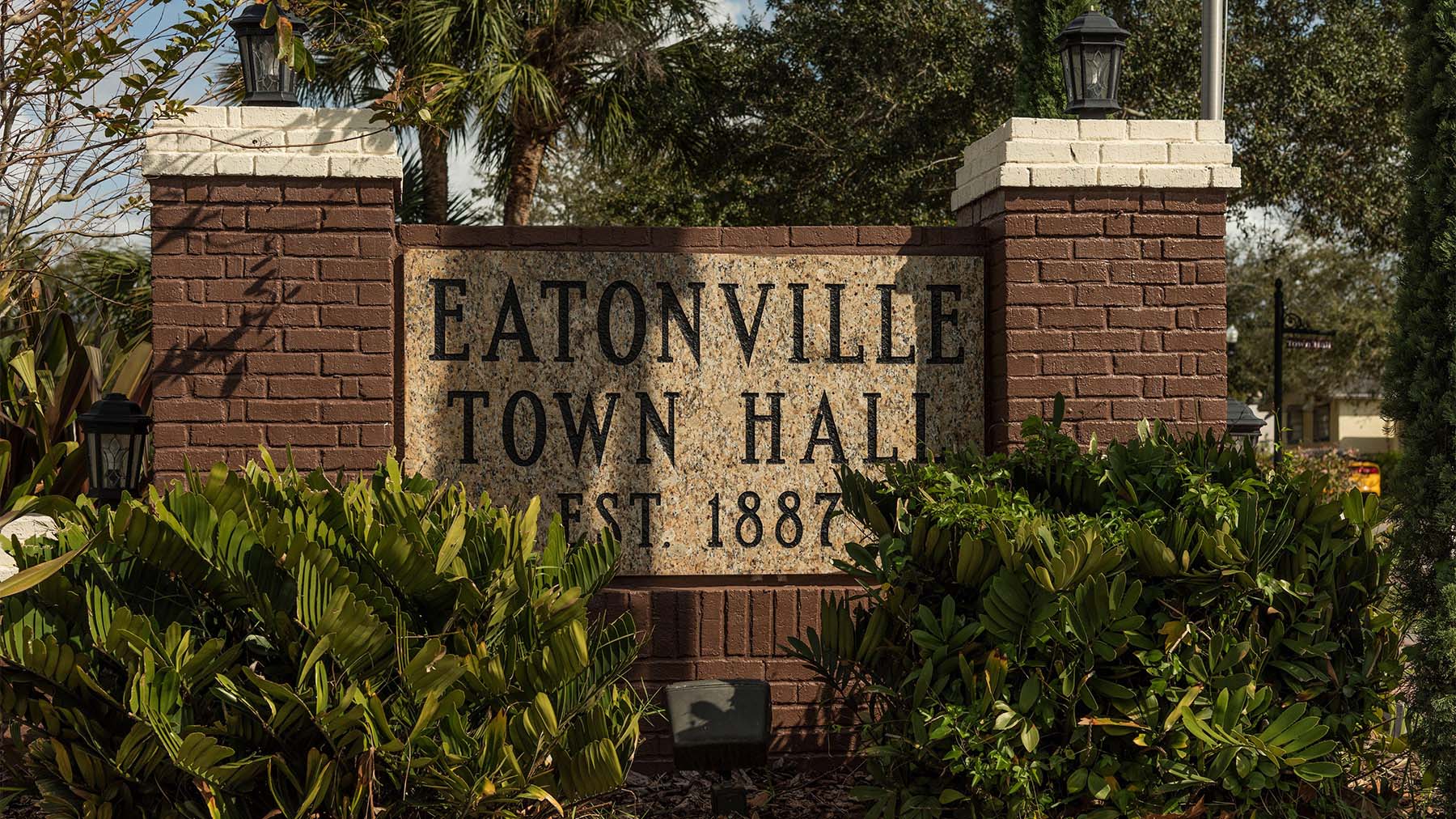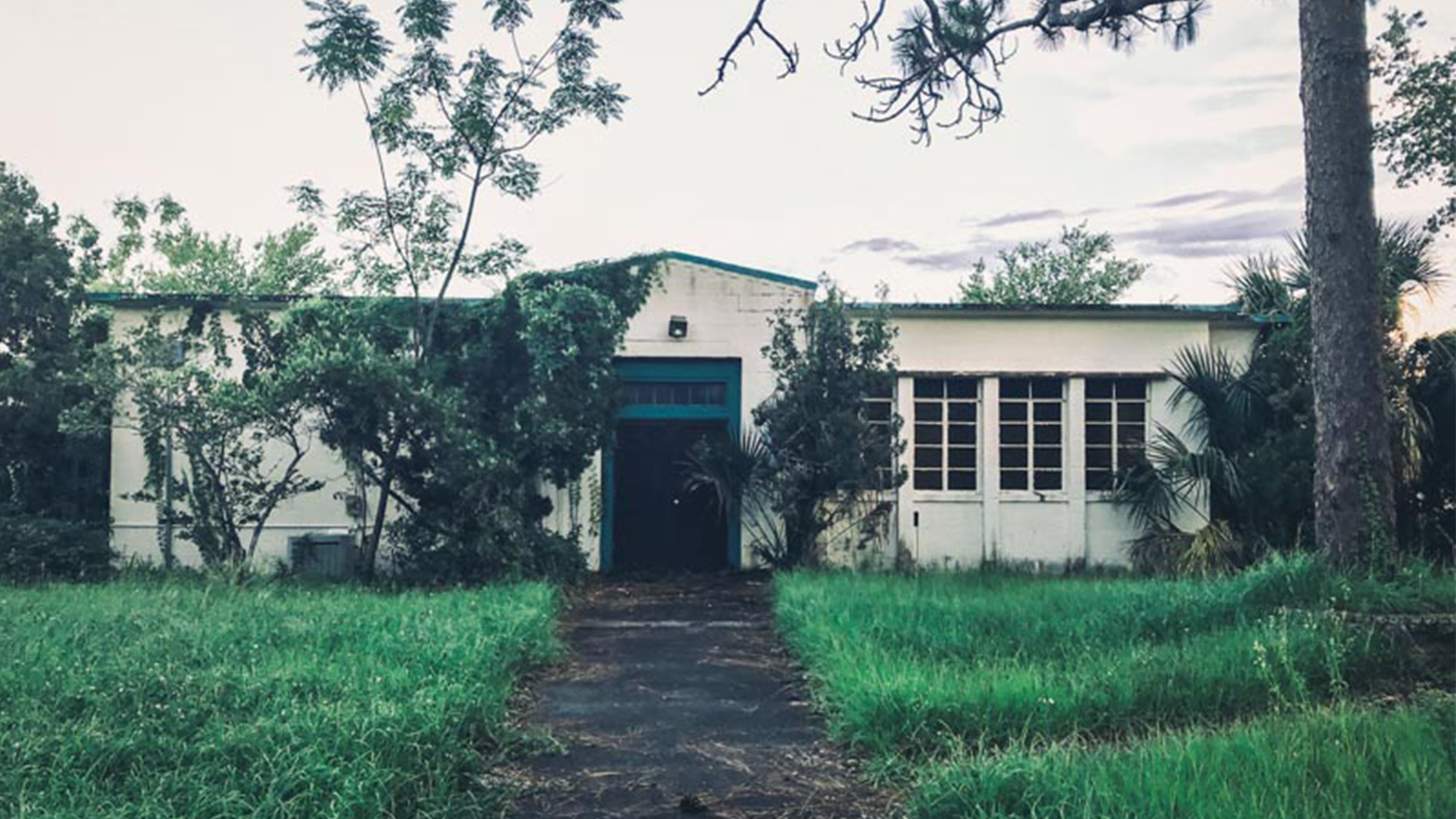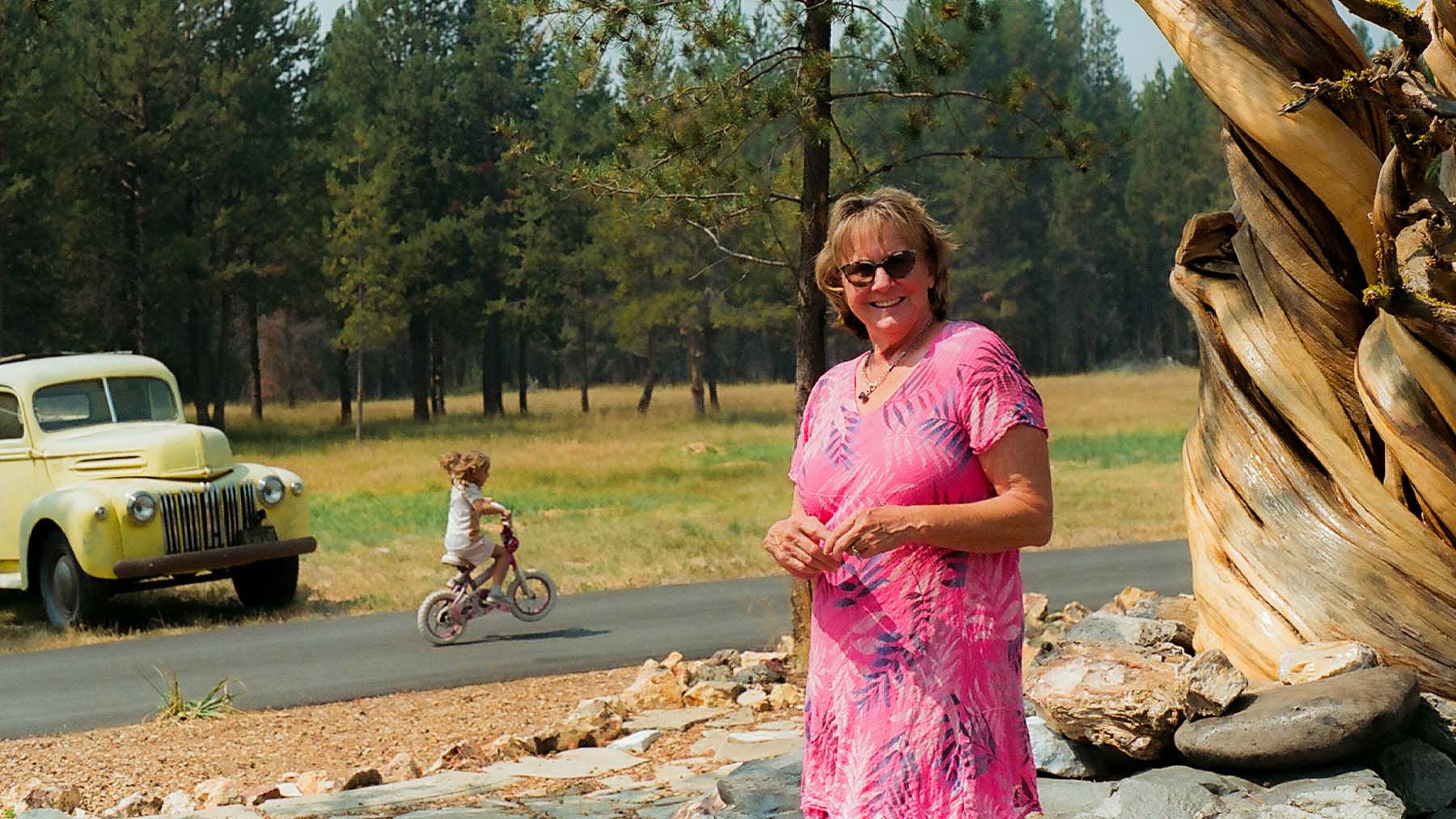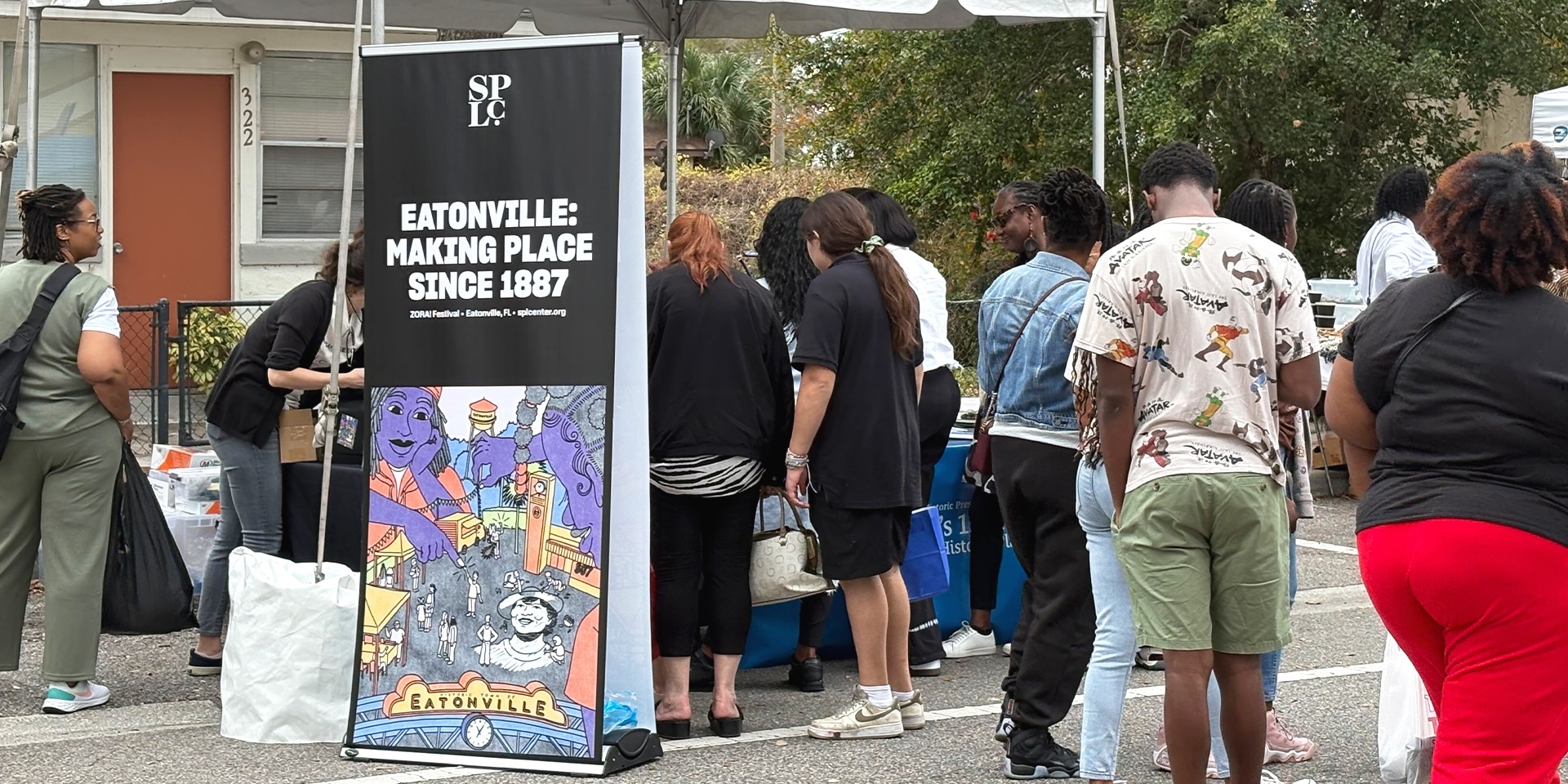It may be too soon to call what is happening in the town of Eatonville, Florida, these days a renaissance. But six months after the proud hamlet was imperiled by a development proposal that would have paved over its legacy, it is fair to say that one of the oldest incorporated Black communities in the U.S. has at least a chance at rebirth.
After residents packed town meetings, picketed and took the story of the threat to the childhood home of Zora Neale Hurston – the literary giant known as the Queen of the Harlem Renaissance – to a national audience, the proposal was tabled. Town leaders who had originally acceded to the plan by outside investors to wipe out the beating heart of this community and replace it with high-end homes, shops and concrete have pushed back. And activists who feared that the town founded, governed and maintained by a Black majority was on the brink of extinction are newly emboldened to build on that history and reshape Eatonville’s future.
In the words of Hurston, the most famous resident of “the town that freedom built,” the people of Eatonville have, through education, organization and determination, chosen to “grab the broom of anger and drive off the beast of fear.”
That drive has been a rapid ride over the past few months – culminating for now in an extraordinary, if provisional, advancement for residents fighting fiercely to wrest the future of their town from the grasp of outsiders who they say would erase Black history for profit.
Eatonville holds a significant place in U.S. history for its self-rule during segregation that has continued to this day, its famed private school that educated generations of Black students, and the proud welcome its performance venue, Club Eaton, offered to Black musical greats including B.B. King, Cab Calloway and James Brown when most music halls in the South were largely closed to them.
“Clearly, this is a matter of economic justice. While this is by no means over, what I see is the town taking the first steps,” said N.Y. Nathiri, who as executive director of the Association to Preserve the Eatonville Community (P.E.C.) has since 1987 waged a sometimes lonely fight to save and honor the town’s unique history. “At the same time, I think the interests who still control this land are beginning to understand the gravity of the situation.”
‘New opportunity’
The passionate activism by Eatonville residents has garnered increasingly vocal support from local and statewide political leaders.
“It’s not over. If we just continue to work together, I think logically it can happen,” Eatonville Mayor Angie Gardner told residents at a community meeting in April.
Florida state Rep. Anna Eskamani of Orlando lent her support to working with Eatonville residents seeking to craft their own future for their town.
“Many community members are concerned [about] gentrification and erasing Black history along with the legacy of Eatonville,” Eskamani wrote in a March 2 tweet. “That’s why after initially supporting this deal, the majority of town council members and Mayor voted against it. … We look forward to working with community members to ensure their perspectives are heard and wishes met.”
Last fall, the situation appeared grave for Eatonville. Among the first of about 200 all-Black incorporated communities with autonomous Black city governments that came into being after 1885 as both products of segregation and instruments of self-determination, it has largely been left out of the Orlando area boom, where Disney World and other globally popular amusement parks fuel a sizzling real estate market.
As that boom accelerated, developers began eyeing the 100-acre Robert Hungerford Preparatory High School property in Eatonville, one of the largest undeveloped tracts in the area. The tract had long housed a prestigious private school for Black students, established with the assistance of Booker T. Washington in 1897. The school, modeled on the famed Black educator’s Tuskegee Normal and Industrial Institute in Alabama (now Tuskegee University), was for generations a rare place of educational opportunity for Black students otherwise afforded few, if any, such opportunities because of their race. Orange County Public Schools (OCPS) has owned the property since 1951, when it acquired the then-300-acre tract in contested proceedings.
Approached by the school board and developers with the development proposal, three members of the five-member town council voted last fall in favor of rezoning and changes to the town’s comprehensive plan. Those changes would have allowed construction of a mixed-use development that included 350 multifamily and single-family homes, along with extensive commercial, office and retail space on the Hungerford tract, which makes up more than 14% of the 1.6-square-mile town 6 miles north of Orlando.
But with awareness of the stakes building, in February Eatonville residents won a key step forward. After months of pleading by residents, the town council flipped its stance, voting 4-1 to defeat the rezoning proposal.
On March 24, with the OCPS board still determined to sell most of the tract, the Southern Poverty Law Center’s Economic Justice Project filed suit on behalf of P.E.C. over the planned sale. The lawsuit asks the court to ensure that the land continues to be used for educational and related purposes that benefit the community.
One week later, the developer who had been seeking to build on the site of the historic school pulled out of the project altogether, electing to terminate the sales contract on the property.
“In deference to the viewpoints expressed by so many in the community, the leadership of OCPS has decided not to extend the contract or entertain other bids at this time,” a statement from the school board read after the developer pulled out. “This decision presents us with a new opportunity to collaborate with the Eatonville community to preserve and celebrate the Town’s historic and cultural significance as the oldest incorporated Black town in the U.S.”
Leveraging cultural tourism
The decision by the developer and the pause by the school board give activists some hope. They want the land to become home to a cultural, educational and tourism hub that would honor the history of the town, still a mostly residential collection of historic but modest wood-frame homes. As awareness of Eatonville’s unique history has grown, interest has poured in from potential donors and major funders, support has built from politicians, and once sparsely attended town council meetings are overflowing.
Eatonville already draws tens of thousands of visitors every January, when the Zora Neale Hurston Festival of the Arts and Humanities (ZORA! Festival), held since 1990, attracts visitors to literary lectures, art exhibitions and outdoor performances, beginning its year-long season. Nathiri’s association also runs a small gallery in town, the Zora Neale Hurston National Museum of Fine Arts, which has received state and national funding, as well as a grant from the SPLC.
Nathiri and others envision building on those efforts by transforming the Hungerford property into a year-round Zora Neale Hurston Campus for the Arts, Humanities, and Sciences. They want to leverage cultural tourism to bring new economic vitality to the town.
“There’s a kind of momentum that has come out of this whole land controversy,” Nathiri said. “Town officials are engaged in a process of meeting with stakeholders, planning strategically, envisioning a path forward. … There is so much available to us that this is not about pipe dreams. This is about prosperity for posterity.”
Still, such optimism is tempered by a key structural obstacle to realizing such plans: The town does not own the Hungerford property. The school district does. Its purchase of the land at the height of segregation came over the objections of an heir of one of the original donors of the land, who opposed the sale of the property in 1951. Contending the transaction would violate the original purpose of the trust, the heir’s case went all the way to the Florida Supreme Court. Ultimately, the sale was permitted, but conditionally. In a deed restriction placed on the property, its use was limited to the operation of a public school for the education of Black children.
In 1974, after an interstate highway had bisected the Hungerford property, the school district opted to sell off the section on one side of the highway, which no longer contained an operating school. To do so, the school system won permission from the courts to dissolve the restriction on that section mandating the use of the property as a school for Black children. The remaining part of the property, where Hungerford High School continued to operate, retained the restriction. After the school district closed the high school in 2009, district officials began to consider selling the tract. In 2016, the district agreed to pay $1 million to successors of the original Hungerford trust in exchange for them releasing the restriction on the land.
Since then, the school district has continued to pursue sale of the property to developers. In 2020, with little notice to the community, the school board demolished the high school. Last year, the school board greenlighted a development group’s proposed $14.6 million purchase of the site, setting off the community opposition.
‘Call from my ancestors’
The SPLC’s lawsuit asks a state court to declare that the 1951 deed restriction is valid and remains in effect on the remaining portion of the property and that the release of the deed restriction – which cleared the way for the school board to sell the property to private developers – is invalid. The lawsuit also seeks a declaration that the school board failed to comply with its obligations under state law to determine whether the property is unnecessary for educational purposes and that its sale is in the best interests of the public.
“We want the land back in the hands of the community of Eatonville, for them to exercise their own self-determination over future development,” said Kirsten Anderson, SPLC deputy legal director for economic justice. “This land encompasses 14% of the geography of this small town. Its future development is inextricably intertwined with the future of the community itself. The community wants to develop it in a way that ensures that their history will not be erased, and that the future of the community continues for generations to come.”
Joyce Irby, 66, is a singer and songwriter who has been penning successful songs since the 1980s, when her band Klymaxx recorded the hit song “I Miss You.” As a solo artist on Motown, Irby had the No. 1 selling Billboard Urban hip-hop record “Mr. D.J.” with Doug E. Fresh in the summer of 1989. Born in Orlando, Irby lived in Eatonville, where much of her family has lived for generations, as a child. She still owns the house that her father built there in the early 1960s.
Since Irby first became aware of the Hungerford development proposal last fall, she has driven from her recording studio in Atlanta every other week to attend town council and community meetings.
Like a growing number of people with ties to Eatonville, Irby is increasingly committed to helping create a future that honors its past. She said she is writing a song now about the town’s legacy. The working title is “1887” – the year Eatonville was founded.
“I realized that the next thing in my life is to fight for this community to have the chance to get back this land that I think was stolen from us,” Irby said. “For me the fact that this is one of the last continuously surviving, Black-run municipalities founded by people who were slaves, that’s it, that’s enough in itself. I feel a call from my ancestors to stay in this fight, not just the fight for the land, but the fight for the dignity of what their intention was when they started this.”
Image at top: The defeat of a redevelopment proposal was welcome news for residents of Eatonville, Florida, which was among the nation’s first incorporated Black communities and the childhood home of Zora Neale Hurston. (Credit: SPLC)



